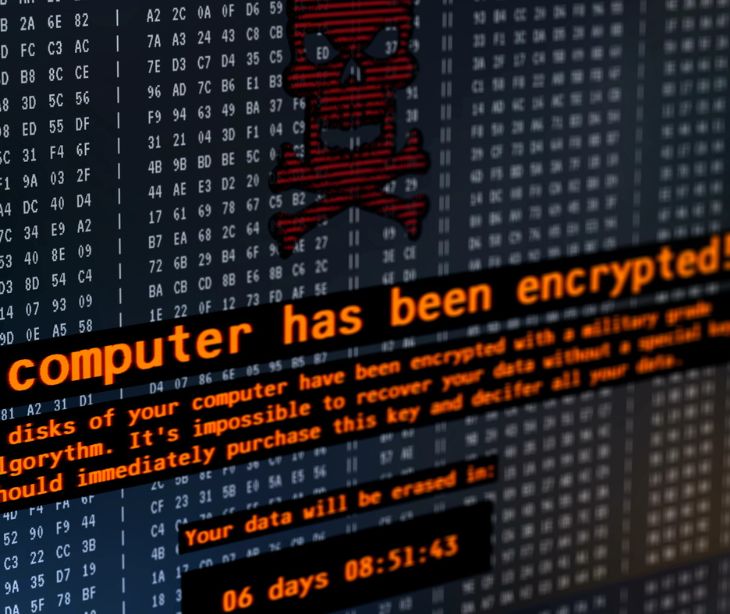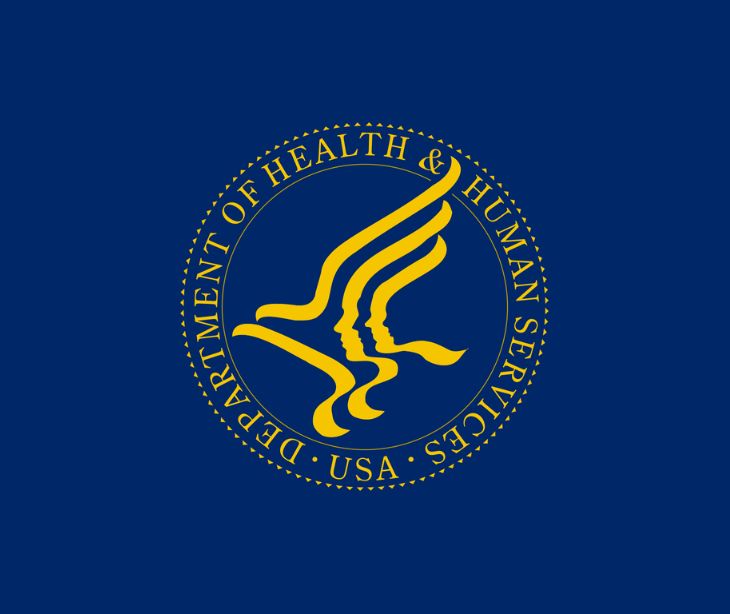2 min read
National security and patient privacy collide in high-profile mistrial
 Dean Levitt
June 02, 2023
Dean Levitt
June 02, 2023

A federal judge has declared a mistrial in the high-profile case of two Maryland doctors, Dr. Anna Gabrielian, a former Johns Hopkins anesthesiologist, and her spouse, Dr. Jamie Lee Henry, a physician and U.S. Army major.
The couple was charged with conspiring to assist Russia by disclosing the health information of several patients. The jury was deadlocked, with one juror believing that the defendants were entrapped by the government, leading to the mistrial. This case has drawn national attention due to its implications for patient privacy and national security.
Why it matters
This case brings to the forefront the issue of patient privacy and the potential misuse of medical records. The doctors were accused of passing private medical records to an agent posing as a Russian official, a violation of the Health Insurance Portability and Accountability Act (HIPAA), which protects patient health information.
The case underscores the importance of maintaining the confidentiality of patient data and the potential legal consequences of violating these protections. It also raises questions about the intersection of healthcare and national security, highlighting the potential for medical information to be misused in international espionage.
Related: HIPAA Compliant Email: The Definitive Guide
What they're saying
Denise Fortson, one of the jurors, stated, "The government, I believe, proved their case. I'm really sorry that the jury came to a hung decision on the evidence that was presented, but we all just couldn't agree on the same items." The defense argued that the doctors were entrapped by the government, believing they were dealing with the Kremlin and were scared into complying with the request for medical records. This argument of entrapment was a central point of contention during the trial, leading to the jury's deadlock.
In the know
The charges against the doctors included conspiracy and one count for each patient health file illegally accessed and shared with an undercover agent. The government claimed that the couple plotted to commit offenses against the United States and assist a foreign adversary by leaking patients' health records at Johns Hopkins and Fort Bragg to an undercover agent they believed was a Russian operative. The health records included a U.S. Air Force veteran who worked in the Office of the Secretary of Defense, a Department of Defense employee and an active-duty U.S. Army major.
The next steps
The government has been given two weeks to decide whether to retry the case. The U.S. Attorney's Office stated, "We appreciate the jury's service. We will review the matter and make a determination as to next steps."
The decision to retry the case will likely depend on various factors, including the strength of the evidence and the perceived likelihood of achieving a unanimous verdict in a future trial.
The bottom line
This case highlights the importance of maintaining patient privacy and the potential legal and ethical implications of violating these protections. It serves as a reminder for healthcare professionals about the importance of adhering to HIPAA regulations and the potential consequences of non-compliance.
Moreover, it underscores the potential for medical information to be exploited in international espionage, raising questions about the need for additional safeguards to protect sensitive health information.
Subscribe to Paubox Weekly
Every Friday we bring you the most important news from Paubox. Our aim is to make you smarter, faster.




